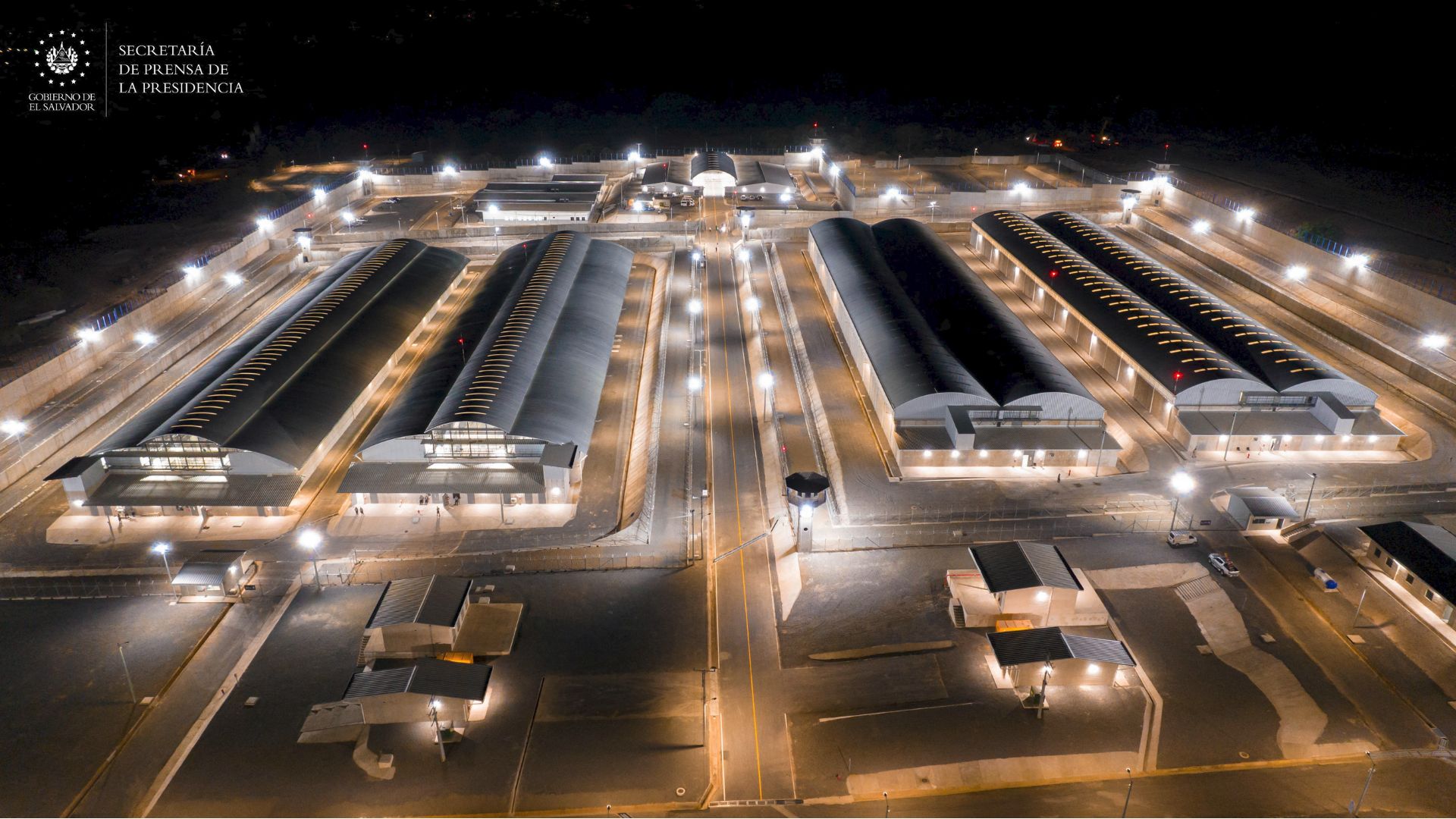San Salvador - “They will never return to the street”, said Gustavo Villatoro, the government’s minister for justice and peace after the government of El Salvador on Wednesday sent an additional 2,000 suspects to a newly constructed prison designed specifically for gang members.
The announcement came as the government requested another extension of an anti-gang emergency measure, which would prolong the crackdown into its thirteenth month.
During the last 354 days, approximately 65,000 people have been arrested as part of the antigang campaign. Human rights organizations although claim numerous cases of prisoner abuse and innocent individuals being caught up in police raids.
The government used social media to announce the mass transfer of inmates, showcasing a video in which prisoners were made to run barefoot and handcuffed over bare ground and staircases, dressed only in white shorts. They were then made to sit in closely clumped groups in cells with locked legs.
Gustavo Villatoro, the government's Minister for Justice and Peace, asserted that the suspected gang members would not be returning to the communities, neighborhoods, or cities of El Salvador, despite 57,000 of those arrested still waiting for formal charges or a trial.
So far, only approximately 3,500 of the individuals detained during the crackdown have been released.

Dubbed the Terrorism Confinement Center, also known as the world's most criticized prison, is a vast campus 45 miles east of the capital city San Salvador, designed to accommodate up to 40,000 inmates.
Although Congress still needs to approve the extension of the antigang measures, this is expected to be granted, as it has been twelve times before.
President Nayib Bukele, who once described himself as “world’s coolest dicator,” wrote in his Twitter account that “there are now 4,000 gang members in the world’s most criticized prison.” He has also requested for special powers to combat gangs last March, following a surge in gang violence that saw 62 people killed across the country in one day.
Local street gangs like MS-13 and Barrio 18 have long terrorized and extorted El Salvador residents. These measures have led to a reduction in killings and are highly popular among most Salvadorans.
Officials claim that since the crackdown began, there have been 200 days without any homicides.
Under the special powers, the right to association is suspended, police do not have to disclose the reason for an arrest or inform the individual of their rights. Those arrested do not have the right to an attorney, and they can be held for up to 15 days without seeing a judge, rather than the previous 72-hour limit.
In the first 11 months of the state of emergency, the local human rights group Cristosal documented 3,344 cases of human rights abuses.